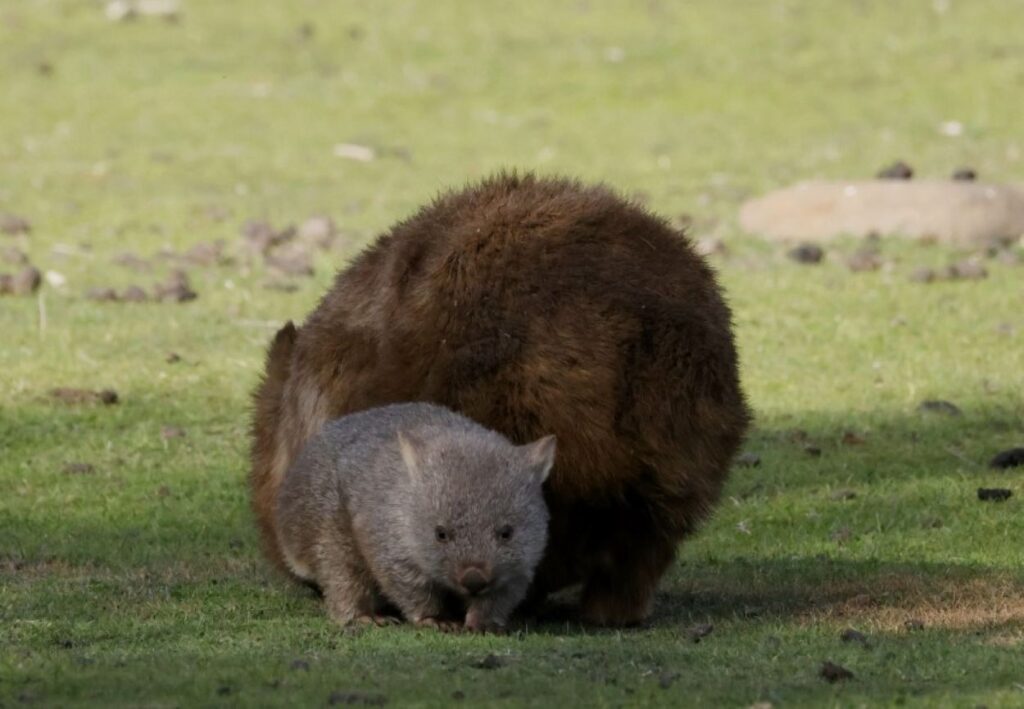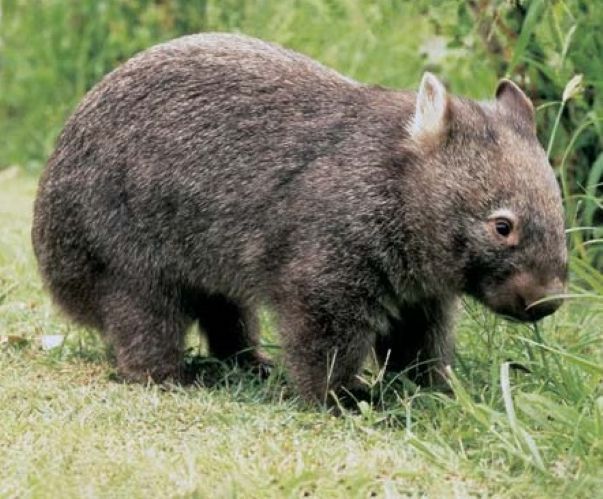
A PhD student from Western Sydney University’s School of Science wants to stop wombats from being road kill statistics.
As a former ecologist and biologist at the Road Development Authority in Sri Lanka, Sujatha Mayadunnage played an active role in addressing various environmental issues including animal-vehicle collisions in road development projects.
Now, having permanently immigrated to Australia and commencing her PhD in Science at Western Sydney University, Sujatha’s research focuses on the two major threats to bare-nosed wombats – wombat-vehicle collisions and sarcoptic mange.
“My PhD project studies the incidents and mitigation of animal-vehicle collisions in Australia, a major threat to bare-nosed wombats. Additionally, it aims to explore the human dimensions of wildlife and highlight the importance of citizen science like our WomSAT project,” Sujatha said.
“When I was working in the road sector in my mother country Sri Lanka from 2008 to 2018, I witnessed the significant impact of development projects on the environment, and I realised the urgent need to address these issues.”
Determined to contribute to the protection of nature and wildlife, Sujatha’s 10 years of expertise in the fields of biology and ecology has allowed her to continue her important work in Australia to make a positive impact on wildlife conservation, mitigation strategies and research.
Sujatha says her PhD project will act as an initiative to help reduce the adverse impacts on wildlife and minimise societal costs by improving road safety.
“Wombats are one of the most commonly hit animals in vehicle collisions in Australia, so I hope to better understand and mitigate the impact of these incidents for improved wildlife and human safety,” she says.

“My research will help improve drivers’ knowledge of road safety with special attention on how to react to roadkill and improving warning systems about potential collision locations using WomSAT citizen science data.’’
Sujatha’s research also focuses on the substantial consequences of animal-vehicle collisions for both human and animal welfare.
While the NRMA estimates that 10 million animals die on Australian roads every year due to collisions with motor vehicles, the resulting emotional costs of road trauma remain unquantifiable.
“Animal-vehicle collisions are, on the one hand, a conservation issue, and on the other hand they are a threat to human safety and cause high socio-economic cost,” says Sujatha.
“Our WomSAT citizen science project data for the period of 2015-2019 found that 2391 wombat deaths reported via WomSAT died due to vehicle collisions with most of the deaths occurring during July to September. Notably, most of these wombats were unaffected by sarcoptic mange.”
Citizen science projects such as WomSAT are vital for researchers to gather wildlife sighting data in collaboration with local communities.
Through the WomSAT project, Sujatha and a team of researchers have been able to map local wombat populations, identifying areas of risk for animal-vehicle collisions.
“Citizen science is so important to the research we do, working together with local communities and others who are passionate about protecting our wildlife and improving road safety for all,’’ she says.
“I want to hear from people who have ever been involved in a vehicle collision with a wombat or other wildlife, as their experiences and insights will help us to better understand the impact on our environment, especially wombat populations and improving safety on our roads.”
To learn more about the WomSAT citizen science project and to help map wombat populations in your local area, please visit the WomSAT page here.
To participate in Sujatha’s animal-vehicle collision survey, please visit the website here.

Congratulations and thankyou to Sujatha’s efforts to save our Wombats and Wildlife.